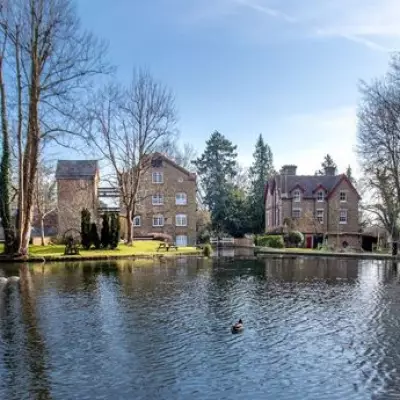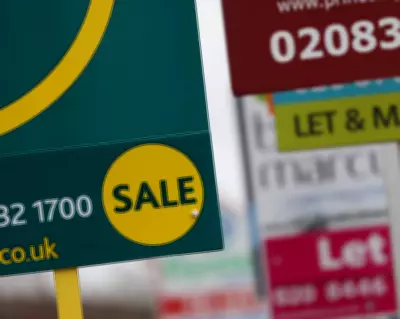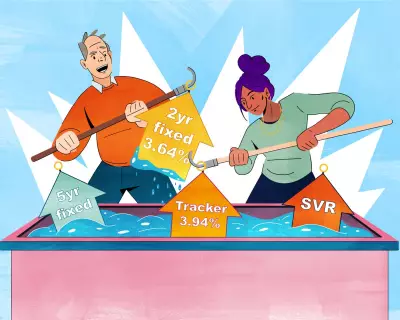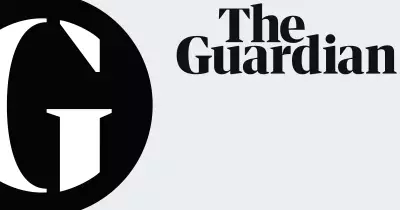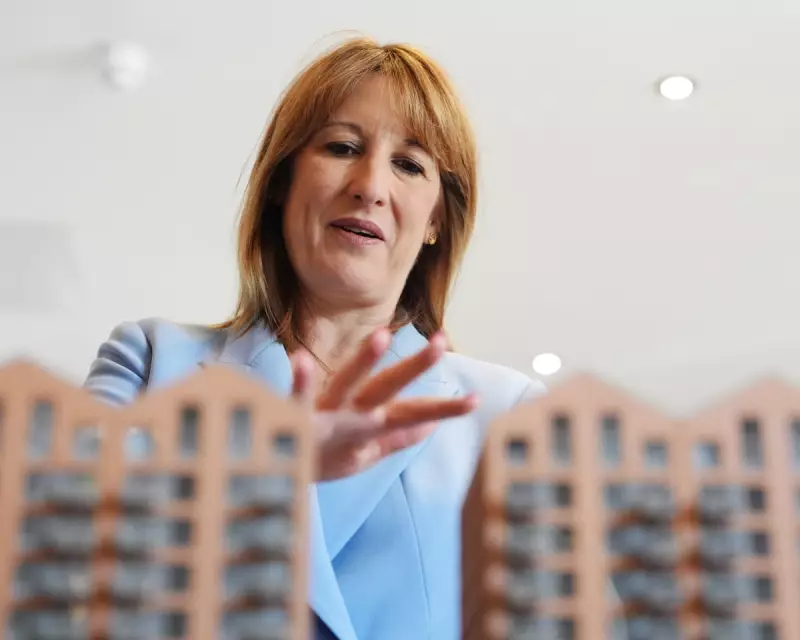
Chancellor Rachel Reeves finds herself at the centre of a growing political storm as Labour's ambitious housing reforms face fierce opposition from unexpected quarters. The government's determination to solve Britain's chronic housing shortage is testing its commitment to environmental protection, creating a rift that could define its first term.
The Planning Revolution
At the heart of the controversy lies Labour's sweeping overhaul of the planning system, designed to turbocharge housebuilding across England. The reforms grant significant new powers to local authorities while simultaneously streamlining the development process. However, critics argue these changes come at a steep environmental price.
The most contentious element involves the potential fast-tracking of construction on protected greenfield sites. Under the new framework, local councils could be empowered to designate specific green belt areas for development with minimal consultation, raising alarm among conservation groups and rural communities.
Unexpected Alliances Form
What makes this political drama particularly intriguing is the unusual coalition forming in opposition. Traditional Conservative defenders of the green belt have been joined by environmental campaigners and even some within Labour's own ranks who fear the party is abandoning its ecological principles.
"This isn't just about protecting pretty landscapes," one senior Conservative MP warned. "It's about whether this government understands that economic growth and environmental protection must go hand in hand."
The Housing Crisis Conundrum
Reeves and Housing Secretary Matthew Pennycook defend their approach as necessary medicine for a broken housing market. With home ownership becoming increasingly unattainable for young people and rental costs soaring, they argue bold action is required.
Yet the question remains: can Labour deliver on its promise of 1.5 million new homes without sacrificing the green spaces that millions value? The government insists brownfield sites remain the priority, but the fine print of the legislation suggests a more flexible approach to greenfield development.
What Comes Next?
The battle lines are drawn, and the coming parliamentary debates promise to be heated. With the Conservative opposition sensing an opportunity to paint Labour as anti-environment, and backbench Labour MPs growing restless, Reeves may need to compromise.
This developing scandal represents the first major test of Labour's ability to balance its economic ambitions with its environmental commitments. How the government navigates this challenge could set the tone for its entire term in office.

